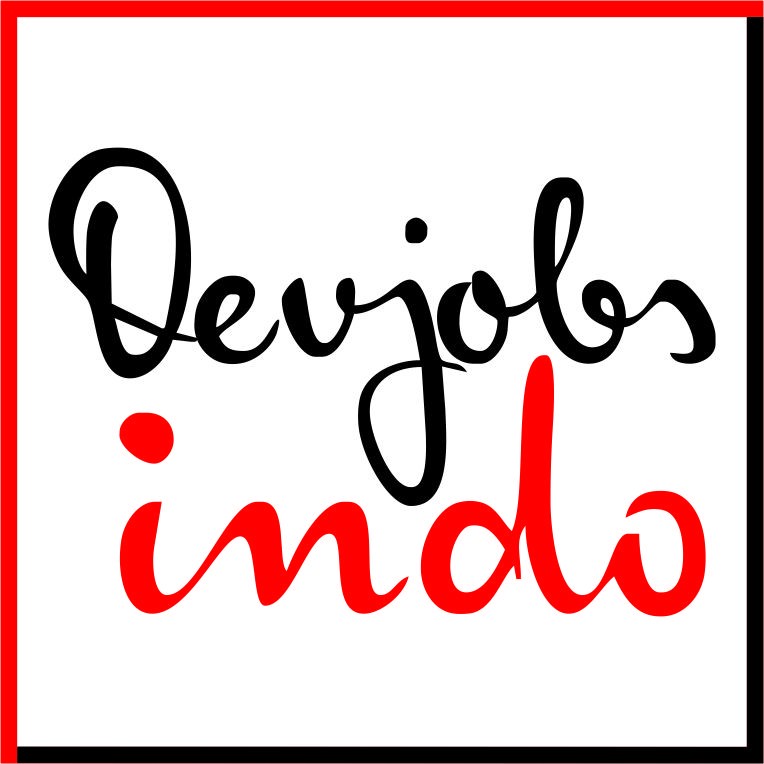“I would recommend this course to anyone who is doing pharmacy in a developing country; it opens your eyes and you see pharmacy and supply chain from a different angle” (Cynthia Kamtengeni, Zimbabwe, UNICEF)
What is the course about?
According to the constitution of the World Health Organisation’s (WHO) access to essential medicines is part of the right to health. Increasing the availability of essential medicines at the service delivery point is crucial to preventing millions of deaths. The success of a health programme is dependent on the ability to reliably and consistently supply essential products, including medicines, to support service delivery. However, despite increased donor funding and an array of new products, there are a number of factors that continue to significantly restrict access to essential medicines and other health products.
While many factors influence medicine availability, the capacity of a country’s supply chain to select, forecast, procure, and deliver essential health supplies can be a major constraint. As we move into the post-2015 agenda of Sustainable Development Goals it is clear that sustainable health supply chain management is critical.
Supply chain excellence requires that all of the functions of a supply chain work together efficiently. For example, decisions about product selection must inform decisions about distribution modes, the frequency of delivery, and storage specification. Similarly, rational use of pharmaceuticals is critical for accurate quantification – which, in turn, effects procurement planning. Any supply chain strategy must consider these interactions and the associated trade-offs between alternative approaches.
The course structure is based on the 6 + 1 rights of a health supply chain: the right goods, the right quantity, the right cost, the right condition, the right place, the right time, and the right interventions.
PSA’s training focuses on the higher–order skills required by supply chain managers to understand the end-to-end requirements for a sustainable health supply chain, rather than a narrow focus on individual activities. It is, therefore, important for everyone involved in supply chain management to have a demonstrable competence in each function.
Who should attend this course?
The training is targeted at people who are responsible for planning, procuring, distributing or monitoring health programme supplies. It will be especially of use to those with a health professional background who are entering the health logistics and supply chain environment. Specific positions may include:
- Procurement officers
- Pharmacy managers
- Warehouse or distribution managers
- Health programme managers
- Information systems managers
- Staff of Central Medical Stores
- Technical Assistance providers
- Donors supporting commodity programmes
Course Objective
The objective of this course is to increase participants’ understanding of procurement and logistics management of health supply chains and associated planning requirements, enabling them to make improvements in their own geographical and organisational contexts.
Course Learning Outcomes
By the conclusion of this course participants will be able to:
- understand the interrelated components of an end-to-end health supply chain from the perspective of a rights-based approach;
- describe the critical cross-cutting elements that need to be in place to ensure a sustainable and well-functioning health supply chain;
- understand the issues experienced by supply chain personnel from other countries and organisations, and use these to reflect on their own circumstances; and,
- apply the experiences and resources identified in this course to make improvements in their own health supply chain based on their area of influence.
As part of the training, you will be provided with a complementary Health Supply Chain Skills Profile (Competency Assessment) which is an online questionnaire that measures technical, management and leadership competencies covering six key areas of health supply chain work set out in the People that Deliver (PtD) Health Supply Chain Competency Framework for Managers and Leaders. The personal feedback report provides three scorecards that profile your technical, management and leadership competencies.
Fee information:
Course Fees Structure
NON-RESIDENTIAL RATE – (USD) $2,100.00
Fee covers five days’ training with expert facilitators, high-quality training materials and stationery, morning and afternoon refreshments and daily lunches.
Accommodation is NOT included.
Payment & Registration deadline – 30th September 2017.
RESIDENTIAL RATE (EARLY BIRD RATE) – (USD) $2,835.00
Fee covers five days’ training with expert facilitators, high-quality training materials and stationery, morning and afternoon refreshments, daily lunches, evening meals, overnight accommodation (Sunday to Friday, inclusive) and breakfasts.
Early Bird Rate Payment & Registration deadline – 30th August 2017.
RESIDENTIAL RATE – (USD) $3,150.00
Fee covers five days’ training with expert facilitators, high-quality training materials and stationery, morning and afternoon refreshments, daily lunches, evening meals, overnight accommodation (Sunday to Friday, inclusive) and breakfasts.
Payment & Registration deadline – 30th September 2017.
